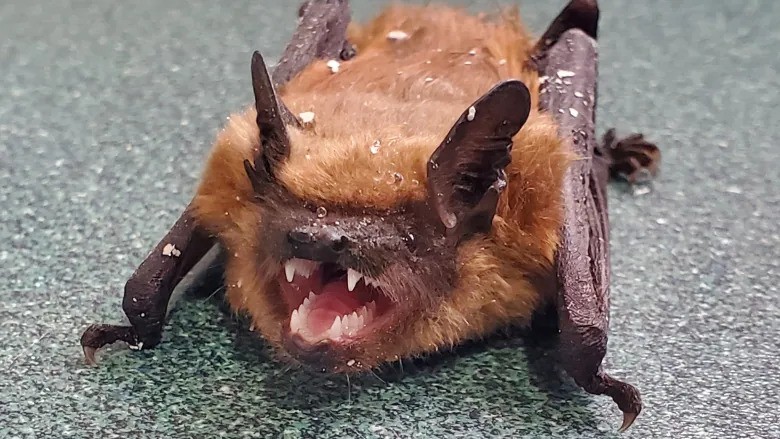
Understanding the causes and transmission of infectious diseases from animals to humans has become a significant area of research in recent years, particularly since the COVID-19 pandemic.
A 2021 study found that around 60% to 70% of infectious diseases that affect humans now have their origins in wild animals. Researchers believe that the COVID-19 pandemic was caused by the SARS-CoV-2 virus that spread from bats to humans in a process known as “zoonotic spillover.”
To better understand zoonotic spillover, a team of 70 scientists from seven different countries is currently researching how and when bats transfer viruses.
Raina Plowright, a disease ecologist and co-author of a study on the subject published in the journal Nature, created the BatOneHealth project.
The team is conducting important studies on the transmission of bat-to-human viruses, including fieldwork with bats in hotspots worldwide, studying bat immune systems and behaviors, identifying human-infecting viruses, and modeling virus dynamics.
Moreover, the team is investigating the effects of habitat loss and climate change on the likelihood of spillover, as a 2022 study in the journal Nature found that these factors increase the chances of zoonotic spillover.
The team is also exploring habitat restoration techniques to prevent zoonotic spillover. The research is focused on coronaviruses, Nipah, and Hendra viruses, all of which are spread by bats.
The BatOneHealth team comprises scientists from a range of American universities, including Montana State University, Cary Institute, Cornell University, Johns Hopkins, Penn State, Rocky Mountain Lab, Texas Tech, UC Berkeley, UC Los Angeles, and Colorado State.
They are investigating the effect of nutritional stress on viral load, which is the quantity of virus present in a bat’s system, and have established a breeding colony of Jamaican fruit bats to speed up their research.
The team’s ultimate goal is to develop plans to protect people, animals, and ecosystems from emerging infectious diseases caused by zoonotic infections.
By better understanding how viruses from wild animals spread to humans, they hope to anticipate and prevent the next potential pandemic.
















